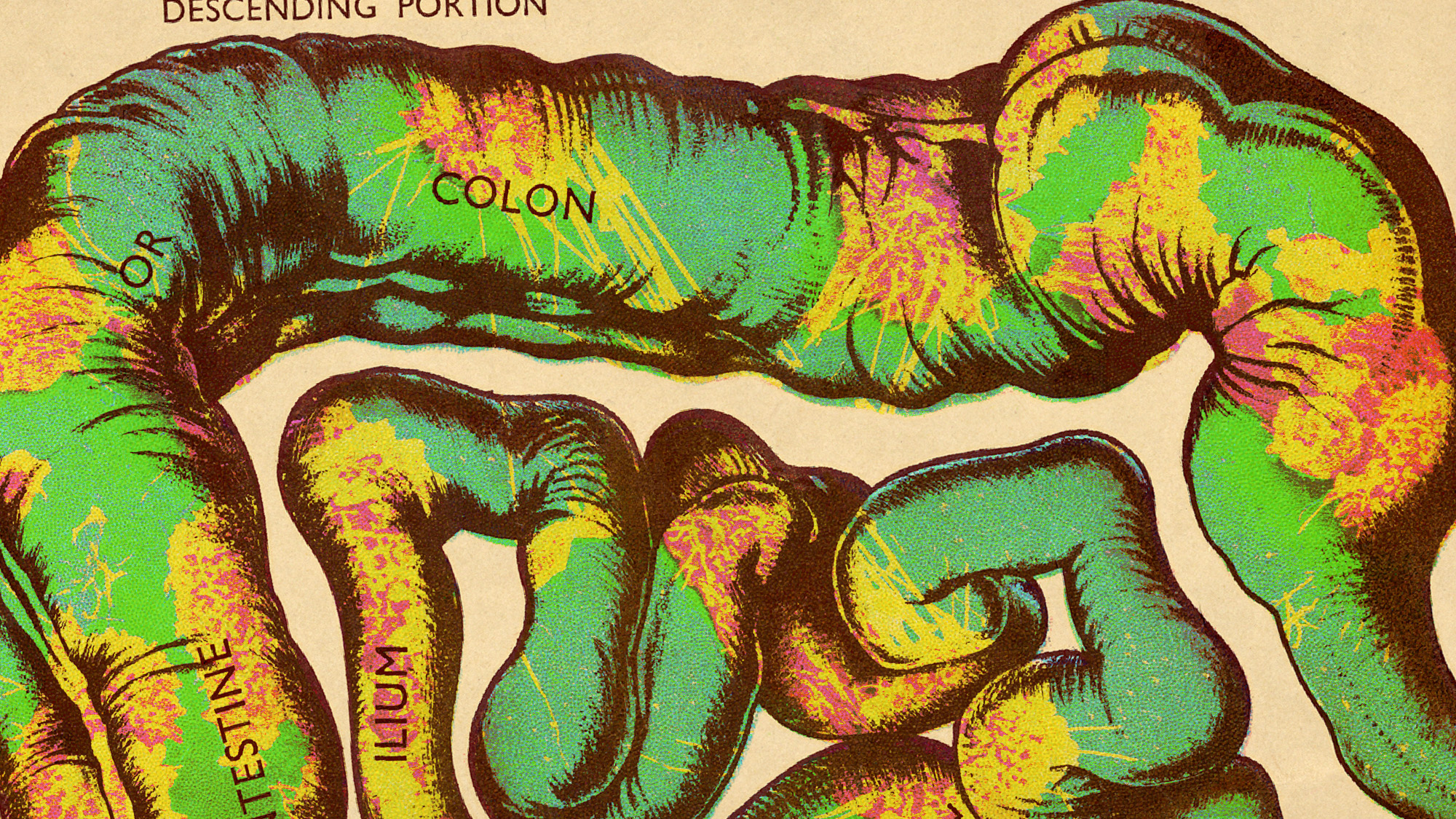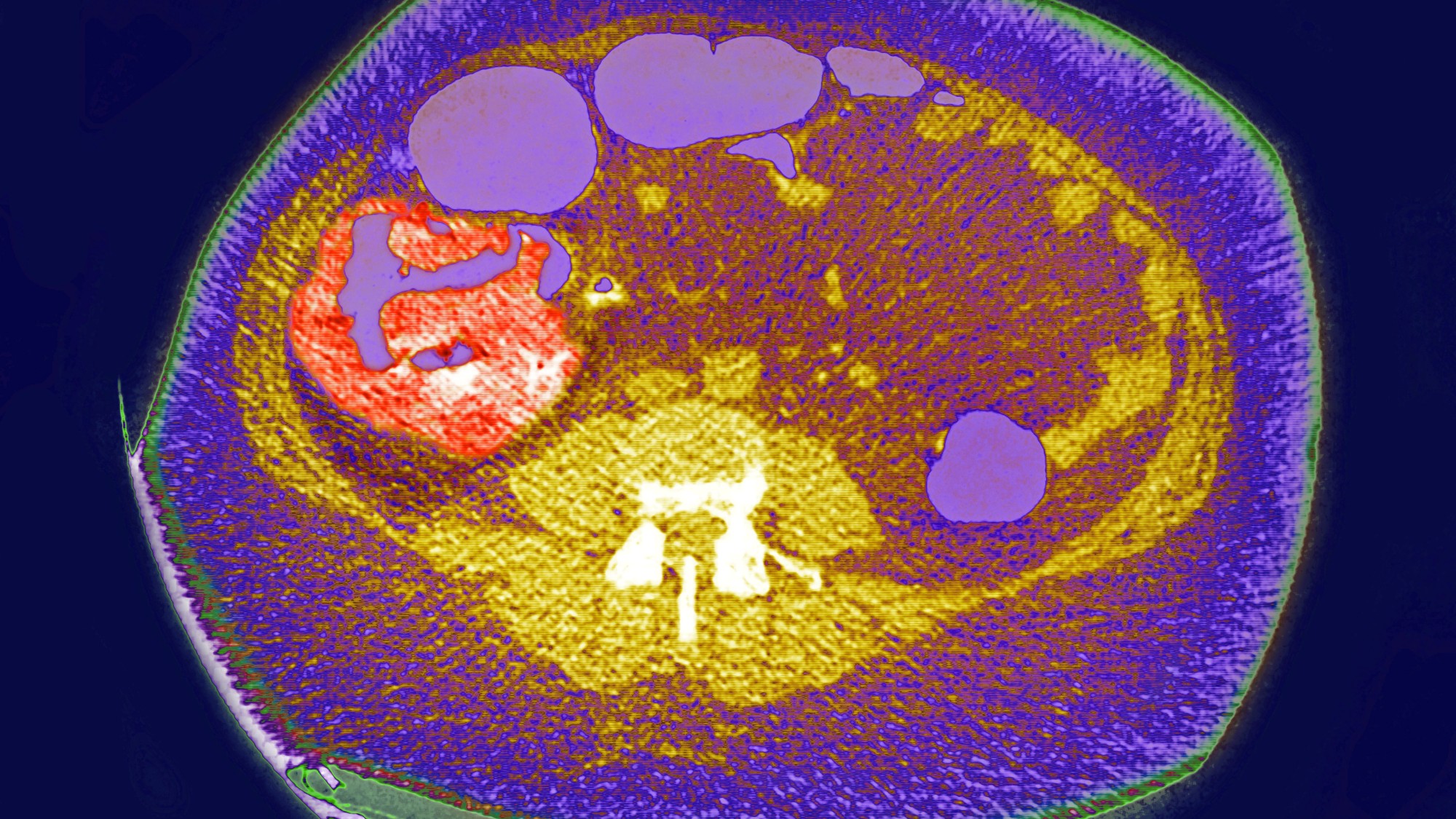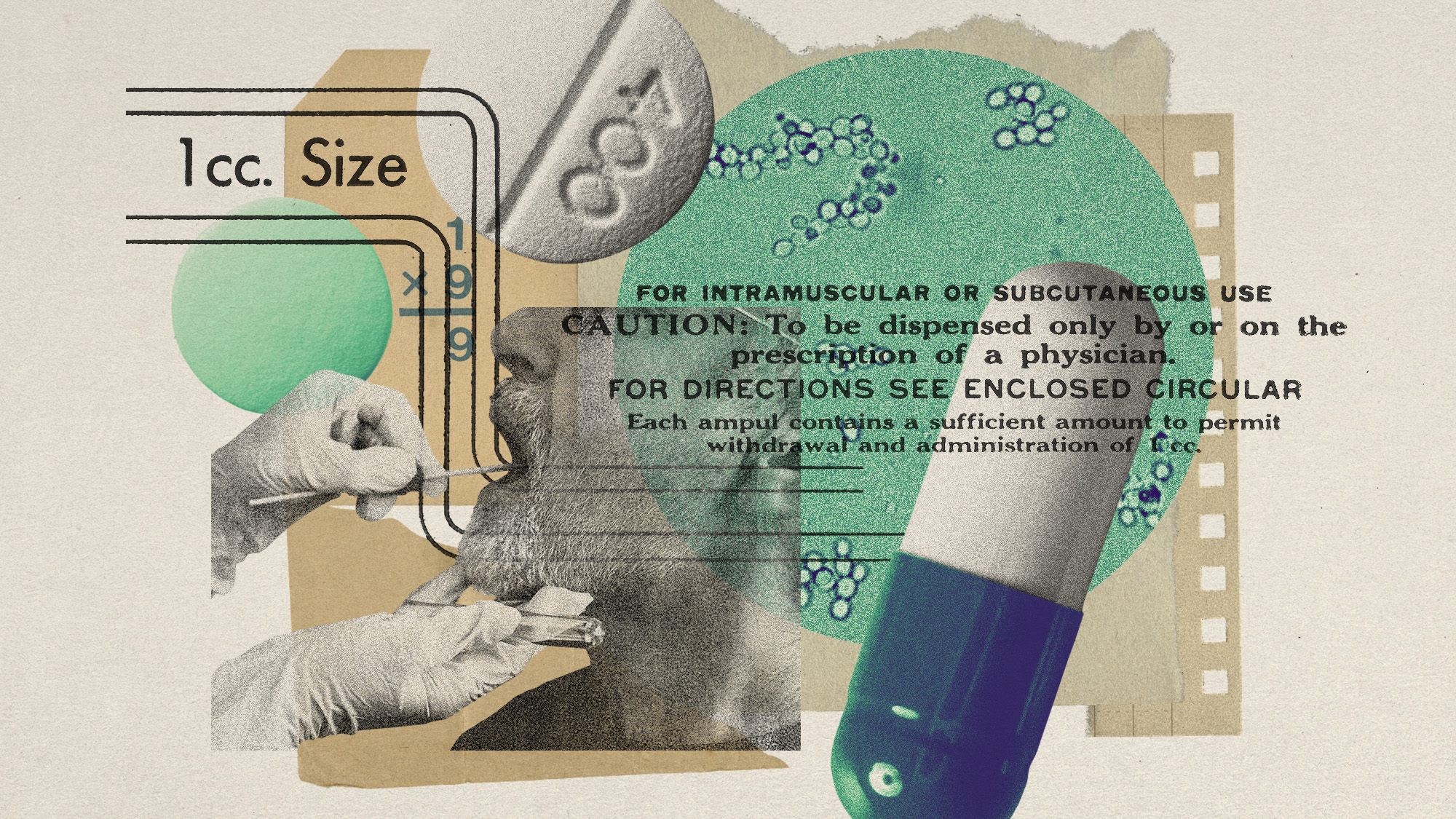Getting on your bike helps you live longer
New research says cycling to work 'almost halves' the risk of cancer and heart disease

A free daily email with the biggest news stories of the day – and the best features from TheWeek.com
You are now subscribed
Your newsletter sign-up was successful
Commuters who get on their bikes could dramatically reduce their risk of developing cancer and heart disease, according to a major study.
People who cycle to work were 45 per cent less likely to develop cancer and 46 per cent less likely to suffer heart disease than those who drove or took public transport.
The risk of premature death from any cause also dropped by a staggering 41 per cent for regular cyclists.
The Week
Escape your echo chamber. Get the facts behind the news, plus analysis from multiple perspectives.

Sign up for The Week's Free Newsletters
From our morning news briefing to a weekly Good News Newsletter, get the best of The Week delivered directly to your inbox.
From our morning news briefing to a weekly Good News Newsletter, get the best of The Week delivered directly to your inbox.
Experts at the University of Glasgow spent five years tracking the health of more than 250,000 people.
The study – one of the largest of its kind – also found walking to work carried health benefits, slashing the risk of dying from heart disease by 36 per cent. This advantage, however, applied mostly to people walking more than six miles per week, and walkers did not appear to benefit from any reduced risk of developing cancer or dying prematurely.
Despite the comparative health benefits of cycling, "just four per cent of adults cycle to work each day, around two million people", reports the Daily Telegraph.
Hoping that this will change in light of the recent findings, Dr Jason Gill, one of the researchers, advocated a "change in our infrastructure to make it easier to cycle to work".
A free daily email with the biggest news stories of the day – and the best features from TheWeek.com
"We need bike lanes, to make it easier to put bikes on trains, to get showers at work", he told the BBC.
His views are echoed by Professor Lars Bo Andersen in an editorial published in the British Medical Journal. "The UK has neglected to build infrastructure to promote cycling for decades," writes Andersen, who suggests we follow in the footsteps of bike-friendly cities like Copenhagen, where "no car or bus can travel faster than a bike", the latter of which is the preferred mode of transport for over "40 per cent of all commuter trips".
In addition to reducing the risk of cancer and heart disease, "a shift from car to more active modes of travel will also decrease traffic in congested city centres and help to reduce air pollution, with further benefits for health", he added.
-
 Tourangelle-style pork with prunes recipe
Tourangelle-style pork with prunes recipeThe Week Recommends This traditional, rustic dish is a French classic
-
 The Epstein files: glimpses of a deeply disturbing world
The Epstein files: glimpses of a deeply disturbing worldIn the Spotlight Trove of released documents paint a picture of depravity and privilege in which men hold the cards, and women are powerless or peripheral
-
 Jeff Bezos: cutting the legs off The Washington Post
Jeff Bezos: cutting the legs off The Washington PostIn the Spotlight A stalwart of American journalism is a shadow of itself after swingeing cuts by its billionaire owner
-
 The truth about vitamin supplements
The truth about vitamin supplementsThe Explainer UK industry worth £559 million but scientific evidence of health benefits is ‘complicated’
-
 Covid-19 mRNA vaccines could help fight cancer
Covid-19 mRNA vaccines could help fight cancerUnder the radar They boost the immune system
-
 Deadly fungus tied to a pharaoh's tomb may help fight cancer
Deadly fungus tied to a pharaoh's tomb may help fight cancerUnder the radar A once fearsome curse could be a blessing
-
 'Poo pills' and the war on superbugs
'Poo pills' and the war on superbugsThe Explainer Antimicrobial resistance is causing millions of deaths. Could a faeces-filled pill change all that?
-
 The Y chromosome degrades over time. And men's health is paying for it
The Y chromosome degrades over time. And men's health is paying for itUnder the radar The chromosome loss is linked to cancer and Alzheimer's
-
 A bacterial toxin could be contributing to the colorectal cancer rise in young people
A bacterial toxin could be contributing to the colorectal cancer rise in young peopleUnder the radar Most exposure occurs in childhood
-
 Why are more young people getting bowel cancer?
Why are more young people getting bowel cancer?The Explainer Alarming rise in bowel-cancer diagnoses in under-50s is puzzling scientists
-
 Five medical breakthroughs of 2024
Five medical breakthroughs of 2024The Explainer The year's new discoveries for health conditions that affect millions